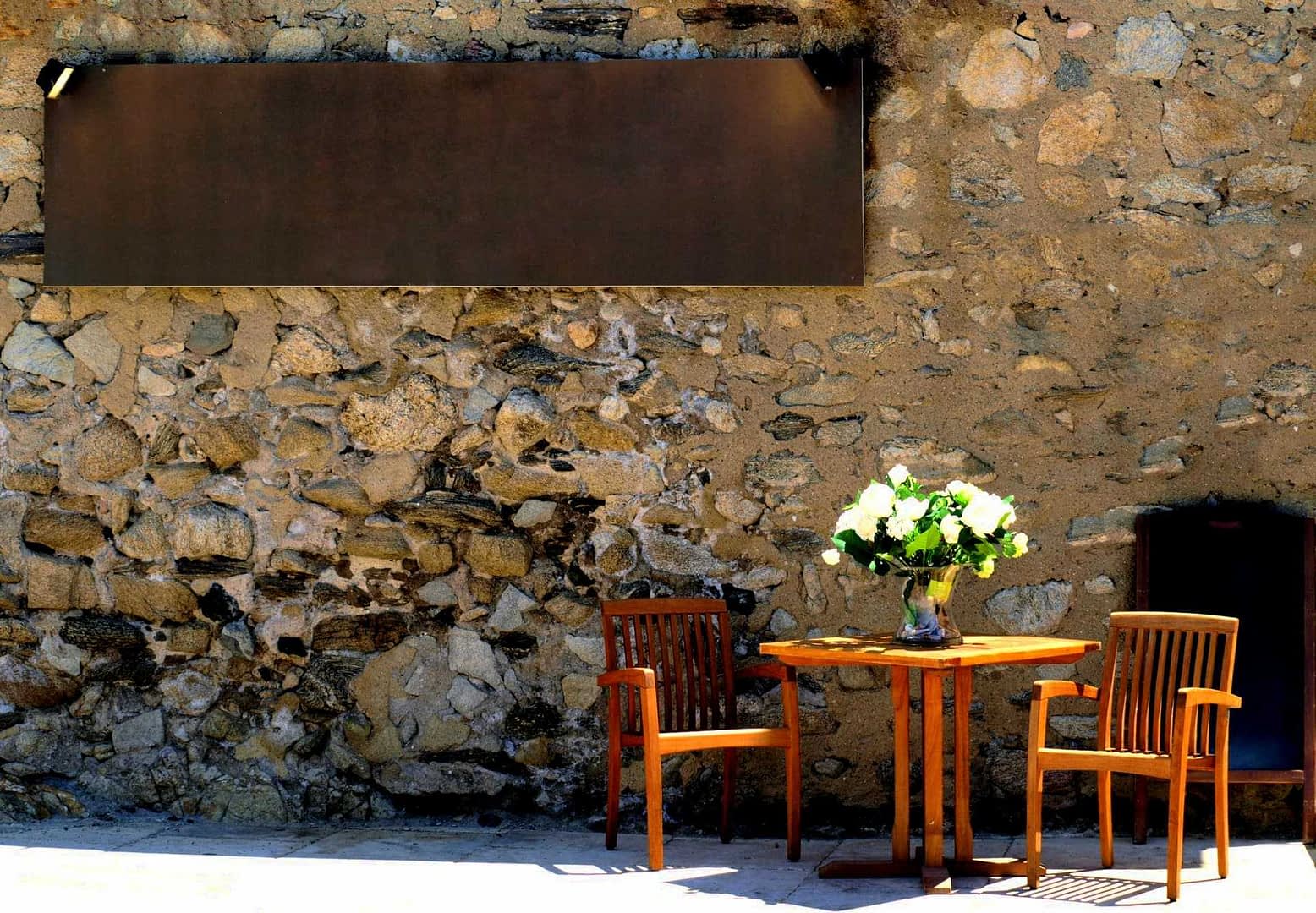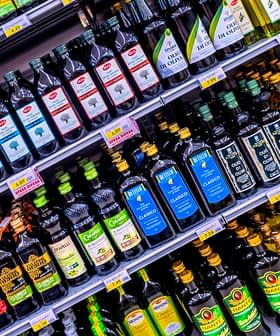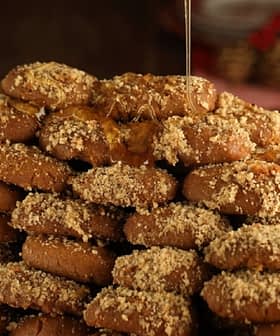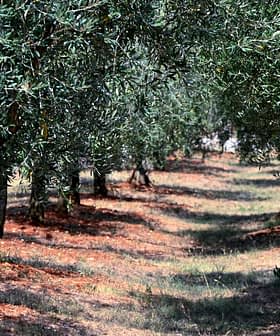Greek Producers Await Reopening of Restaurants, Tourism

Eateries in Greece are preparing to fully reopen by May 3, with olive oil industry professionals hopeful that this will boost the stagnant market. Despite uncertainty, there have been recent transactions in the sector with some olive oil prices exceeding €3.00 per kilogram, indicating a potential upward trend in prices.
After six months in lockdown with some remaining open only for takeout, eateries in Greece are preparing to reopen fully by May 3.
While restrictive measures will reduce seating capacity and require social distancing, olive oil industry professionals believe that the reopening of the food businesses could put the stagnant market back in motion.
Now, with the eateries reopening, the demand for olive oil from restaurants and taverns will increase, but the retail sales of olive oil will drop since many people will go out for dinner.
“Unfortunately, olive oil did not get the prices it deserved and growers and producers are concerned,” said Myron Hiletzakis, the deputy head of the Agricultural Association of Heraklion.
Hiletzakis added that if the restaurants open up, they will be able to absorb the 30,000 to 40,000 tons of olive oil remaining in reserve on Crete. Otherwise, the next harvesting season will open with the troubling problem of large unsold quantities of olive oil.
See Also:Exports and Prices Are Looking Up in GreeceOther Cretan producers also expect an increase in demand. However, they are unsure to what extent the locally-produced olive oil will be channeled to restaurants and hotels.
“There are 100 tons of extra virgin olive oil currently stored at my facilities and I already had some calls from local taverns looking to buy,” the owner of the Despina Blavakis mill near Heraklion told Olive Oil Times.
“The restart of the food sector will give a kick to demand,” he added. “However, there are always the imponderables of the market to consider: during the lockdown, the consumers used to buy olive oil from the supermarket and cook at home.”
“Now, with the eateries reopening, the demand for olive oil from restaurants and taverns will increase, but the retail sales of olive oil will drop since many people will go out for dinner,” the mill owner continued.
“There is also the case of restaurants and hotels using vegetable oils instead of olive oil for the preparation of their meals, which limits our share of the market,” Blavakis said. “I hope that the market will gradually balance to its status before the pandemic.”
Despite the mediocre expectations of producers, there have been some recent transactions in the sector, with small volumes of extra virgin olive oil exceeding €3.00 per kilogram at origin in some areas of the country.
In Crete, the first sale of olive oil exceeding the €3 psychological limit took place in the Zakros association of producers in the eastern part of the island, where 30 tons of high-quality extra virgin olive oil, with acidity levels of 0.38 percent, were sold for €3.13 per kilogram.
In the Monemvasia region of Lakonia, a similar price tag of €3.10 was fetched for 200 tons of extra virgin olive oil, with the relatively high price attributed by local olive oil professionals to the reopening of eateries in Italy.
One of the highest prices of the season so far was reached in Messenia, where a Greek trader offered €3.51 per kilogram for 40 tons of extra virgin olive oil with a Protected Designation of Origin certification in an auction held by the Agricultural Association of Glyfada.
“My estimation is that there is an upward trend in olive oil prices in the market now,” Athanasios Katsas, a member of the association, said. “We do not know if this trend will continue for long. If we take into account what has happened the past years, it would be good for them [producers] to start selling now.”
See Also:Bringing Olive Oil Tourism to Greece’s Most Popular IslandTourism is also expected to bounce back in the country. By mid-May, Greece will start accepting tourists from the E.U. member states and other countries, including the United States, Serbia and Israel, to put its tourism industry back on track.
In Halkidiki, a popular tourist destination in northern Greece, some olive oil professionals are unsure how the tourist season will affect the demand for olive oil.
“Prices of olive oil in our area are usually among the highest in the country due to the superior quality,” the owners of the Vagio Agrofarms bottling and exporting company told Olive Oil Times.
“However, the producers are skeptical and do not currently sell,” they added. “We also have a lot of customers such as tourist shop owners who every year bottle their olive oil to sell in their shops under their brand, but most of them have not yet shown up this season.”
“Despite the opening of tourism, there is still a lot of uncertainty in the market and small or larger producers are still on hold,” the owners concluded.
However, for Zacharoula Vassilakis of Ladopetra, a grower and olive oil producer based in the area, there are better prospects for the sector.
“The food and tourist facilities reopening in Halkidiki will naturally require more olive oil,” Vassilakis told Olive Oil Times.
“We sell locally and we also export to Europe, and to tell the truth, the pandemic had little impact on our business,” she added. “Over the years, our customers have learned to trust the quality and our organic extra virgin and PDO Agourelio [early-harvested olive oil] have always been a hit among them.”
“The times are challenging, but we expect to retain our pace of sales for our quality products and hopefully increase it during the next months,” Vassilakis concluded.









